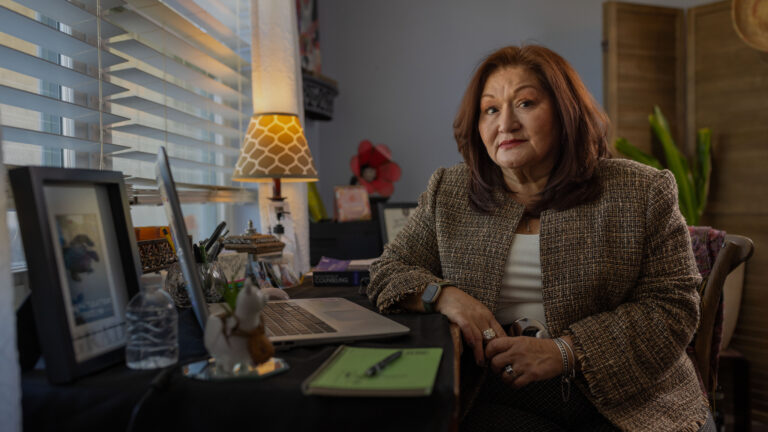Is New York City Killing Entrepreneurship?
Today, tens of thousands of New Yorkers seeking to follow a rich tradition of entrepreneurship face a bewildering array of laws and regulations that prevent or stifle enterprise. The entrepreneurs featured here, and countless others like them, deserve a chance for a better future made possible when economic liberty–the right to pursue an honest living without arbitrary government interference–becomes a reality for all New Yorkers.
New York City’s spirit of enterprise is in many ways an inspiring picture until one looks a bit more closely. For in a city in which some 10 percent of the population is on public assistance, any or all of the self-employed entrepreneurs described in this report face daunting government harassment-and even arrest-at a moment’s notice for the “crime” of pursuing productive livelihoods.
This report: examines the government-created barriers of licensing and permitting laws and public monopolies, and their effect on entry-level entrepreneurship in New York City; documents how, in occupation after occupation, obstacles to enterprise often far exceed any legitimate exercise of government’s authority to protect public health and safety; highlights the heroism and tragedy among those who seek nothing more than to earn an honest living in their chosen trade, but who find this aspiration frustrated by rules and requirements whose main purpose appears to be to limit entry and competition in particular occupations; and makes recommendations designed to ease legal entry into such endeavors, while recognizing government’s role in protecting public health and safety.
The city’s regulatory system seems swamped by a wave of the self-employed who find that if they were to comply with the law, they would have to abandon their activities. Instead, they pursue them outside the law. These activities cannot be considered criminal but, except through luck or a significant capital stake, they cannot become legal.
Their impact is enormous. The city’s mainstream “formal” economy lost some 400,000 jobs in the late 1980s and early 1990s. At the same time, the underground economy has grown and may now represent as much as 20 percent of the city’s economy overall.
Restrictive laws-whatever their justification-force entrepreneurs underground. Once underground, these entrepreneurs have little hope of growing their business or obtaining necessary capital. Banks and other financial institutions simply cannot make loans to businesses-whether in-home catering or community transportation-which, although benign and profitable, are not legal. When they seek to operate within the above ground economy, they face time-consuming credentialing or paperwork requirements with practically no chance of ultimately realizing their goal.
It is beyond the means of this study to examine the full gamut of occupational license and permit laws in New York: They occupy no fewer than 73 pages in the Official Directory of the City of New York with listings of various types of licenses, permits or other forms of certification which one may need from either state or city authorities to own or operate a business or simply to be employed in one. One needs a license to repair video-cassette recorders, to work as an usher or to sell tickets at wrestling matches, to remove and dump snow and ice, to set up a parking lot or a junk shop.
This report looks specifically at a sample of occupational permitting and licensing requirements that affect the unskilled and/or entry-level, minimally-capitalized entrepreneur seeking the first rung on the ladder of upward economic mobility.
Press Release
Check out this report's press release and contact our media team member for additional information.
Related Cases

Economic Liberty | Fresh Start
Texas Fresh Start Social Worker
Texas—and the country—face a two-fold problem: an exploding mental health and substance abuse crisis and a dire shortage of professional social workers to address those issues. Yet rather than make it easier for qualified applicants…

Economic Liberty | Food Freedom
Florida Cultivated Meat Ban
Americans love meat. According to the USDA, between beef, pork, chicken, and turkey, the average American eats nearly 225 pounds of meat per year.

Economic Liberty | Fresh Start
Virginia Fresh Start II
People who have overcome drug or alcohol addiction often want to help others overcome addiction, too. Their firsthand experience can make them particularly well-suited to guide others through recovery. Melissa Brown is one of those…

